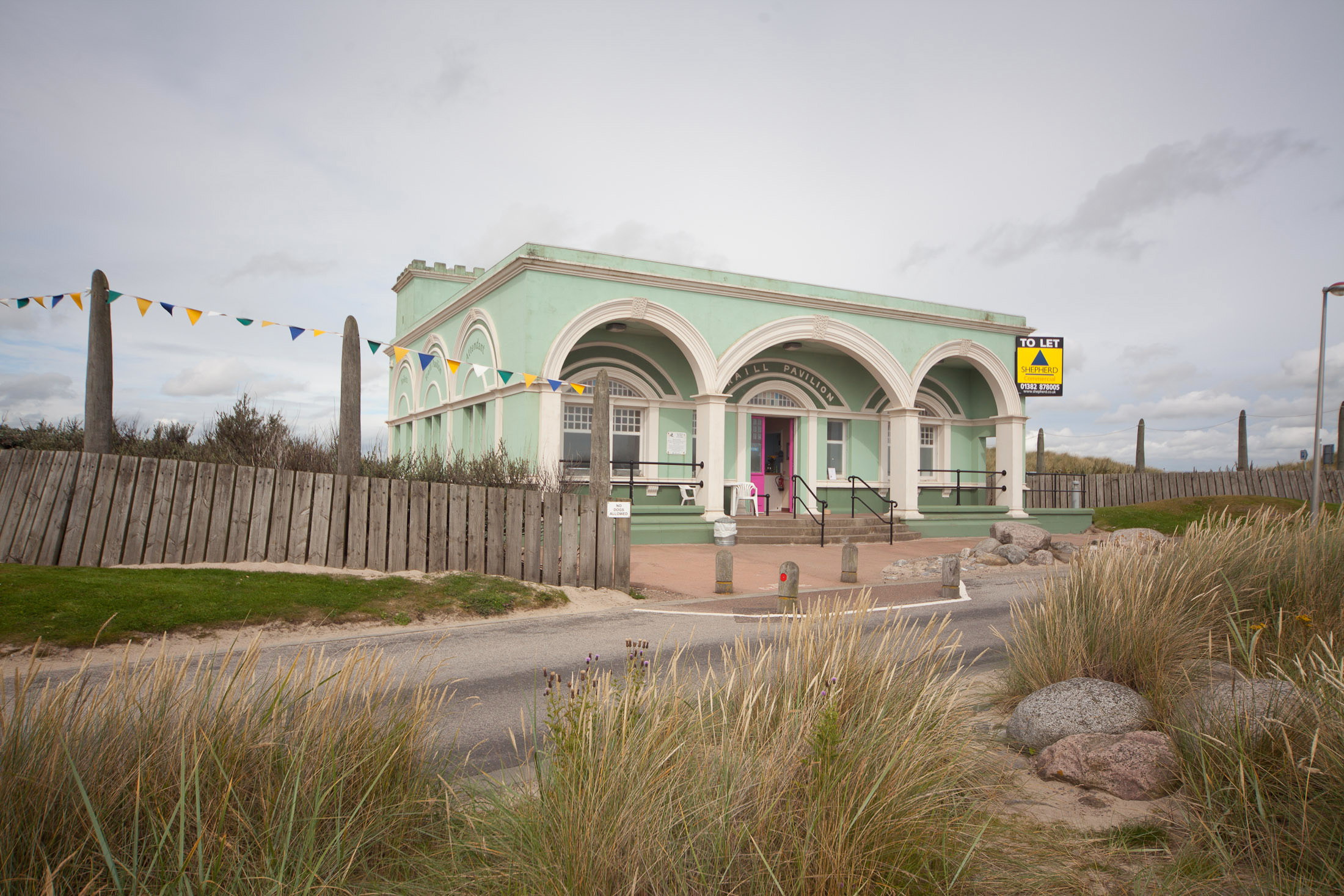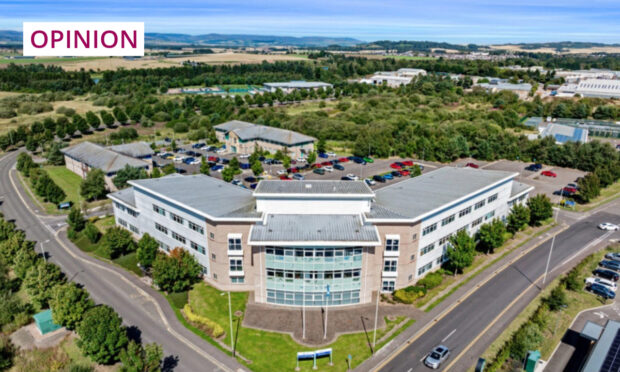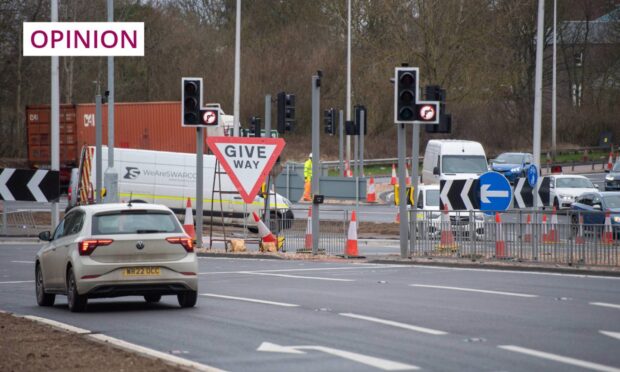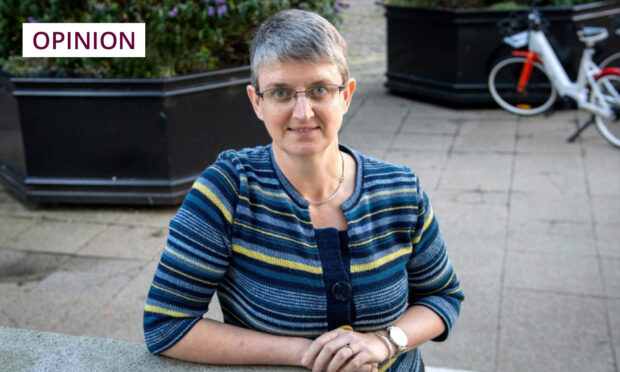Sir, – The ploy by Angus Council to condemn iconic buildings by neglect, lack of maintenance or a lack of imagination in their use, leading to the rush either to demolish, as per Brechin’s iconic Damacre building last month, or by selling our assets at giveaway prices is no accident. It seems to be policy.
The incompetence over the decision to spend almost half a million pounds upgrading a homeless unit in Montrose, which was never used, is staggering, (“Angus Council accused of wasting thousands on former homeless unit in Montrose”, The Courier, August 10 2017).
No one was taken to task over that or the sale of Monifieth School and grounds to a preferred bidder, whatever that means, for a fraction of its worth.
In the past 20 odd years Montrose’s iconic and historic buildings have been gutted by Angus Council, aided and abetted by supine Montrose councillors who roll over every time they are instructed to rubber stamp another decision they had little or no part in making.
The report in The Courier about the selling of the Traill Pavilion (“Council pulls the plug on unused Traill Pavilion in Montrose”, The Courier, February 1) a cherished listed building burned into the memory of most Montrose folk, must be the last straw.
Cllr Ron Sturrock is quoted as saying “it’s a building of its time that no longer fits in to the modern era”. Doh – that’s why it’s a listed building.
Cllr Bill Duff’ patronisingly remarked that “the sale would be unpopular with some of the locals”.
He went on to say that the building was not put to good use but has never questioned why, simply giving that as a reason for selling the building.
His last suggestion was it’s time for the council to “cut and run” from the pavilion.
I looked up the literal meaning of the term “cut and run”. It means to make a speedy departure from a difficult situation rather than deal with it. Spot on.
Robert Alexander, 39 Barry Road, Carnoustie.
Diversity is preferable
Sir, – Richard Lucas (“Identity politics is dangerous”, Letters, February 2) sees hypocrisy in MSPs who want parliament to be less male, white, old, heterosexual or Christian, but express dismay that someone wouldn’t vote for a Muslim or person of South Asian origin.
They are not hypocrites. They are deploring the bigoted view that some people are political undesirables simply because they belong to certain minority groups.
Those who would not vote for candidates from such groups want a parliament that does not include them and is thus less diverse than the population.
By contrast, those who want parliament to be less male, white etc, want it to be more diverse.
They do not want all candidates who are male, white etc, to be rejected by voters and absent from parliament.
They just want an increase in MSPs from other groups.
Identity politics can be over-emphasised, and when I vote, I consider the personal qualities and views of a candidate more important than sex, ethnicity etc.
Nevertheless, a parliament that is diverse with regard to such characteristics is clearly preferable to one that is not.
Robert Canning, Secular Scotland, 58a Broughton Street, Edinburgh.
War memorial vandalism
Sir, – Having worked in Kirkcaldy for many years and enjoyed the delights of the Memorial Gardens at lunchtimes, I was saddened to read Jonathan Watson’s article in The Courier (“Anger after vandals strike at Kirkcaldy war memorial”, February 1) on the recent graffiti incident.
To learn that this is but the latest incident in recent years beggars belief.
Cllr Cavanagh praises the prompt action of Fife Council in cleaning up the graffiti, but nowhere is there reference to any action by the police –prompt or otherwise.
To hear that the memorial garden is also a “popular drinking den for youths and empty beer bottles are often left lying around” puts the situation in a different perspective.
Is littering no longer an offence requiring enforcement?
Is this proof of a morally bankrupt society which classifies this activity as “low level crime” to which we should no longer expect police to respond?
What a travesty if this is the tomorrow for which the dead of two world wars gave their today.
James Macgregor, 49 Lawmill Gardens, St Andrews.
Bad science behind diesel?
Sir,– In his letter “The case for diesel cars,” (February 2) Gordon Fotheringham rightly questions both the basis for the significance of diesel pollution from cars relative to buses, lorries and also ships, and the case for electric cars as a replacement for those with internal combustion engines.
Limitations of electric cars are well pointed out – poor range, problems of battery charging practicality and safety, though pollution from their manufacture could be added.
Also, the medical evidence for risks to health from diesel pollution is flimsy indeed, based on public health theory and caculations, not on observed morbidity and mortality.
The manufacture and installation of wind turbines likewise uses huge resources, including diesel and rare earths.
That is not mentioned by their promoters and supporters!
Secondly, our huge expenditure on resources in trying to prevent adverse climate change effects, given the mere 1.3% of global total CO2 output from the UK and 0.3% from Scotland is as illogical as it’s financially imprudent.
Recent US governmental and political decisions have downgraded the claimed threats to the world from man-made climate change; the “big outputters” of CO2, China, the US and India, are not participating in efforts to curb CO2, and probably never will.
These costly policy decisions are thus scientifically and clinically wrong, but when will those in political charge tumble to that, let alone admit their errors?
Charles Wardrop, 111 Viewlands Rd West, Perth.










